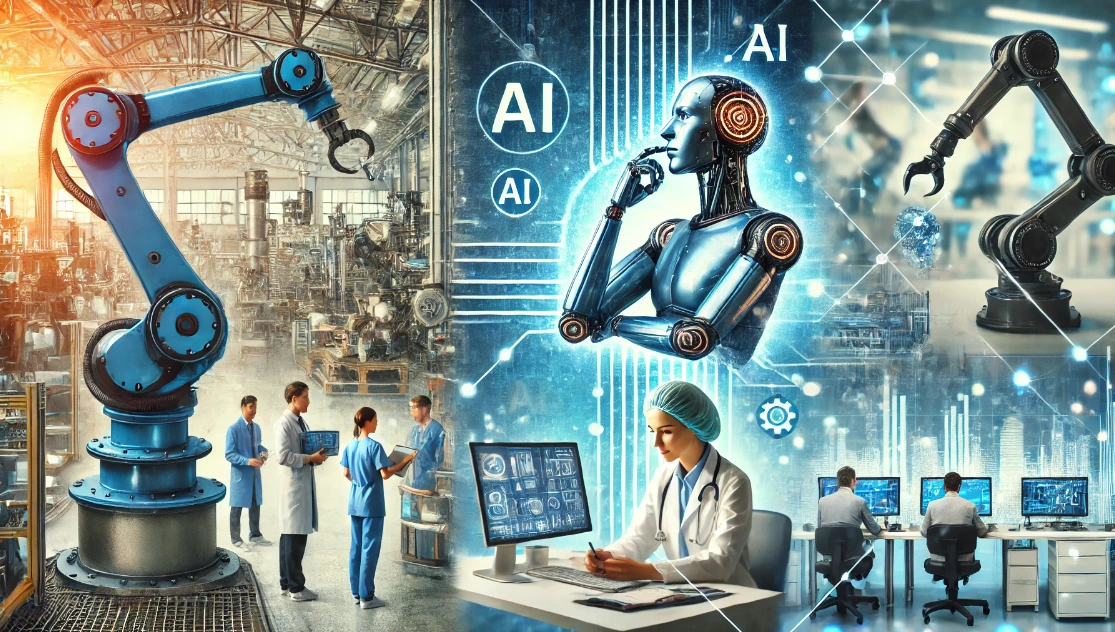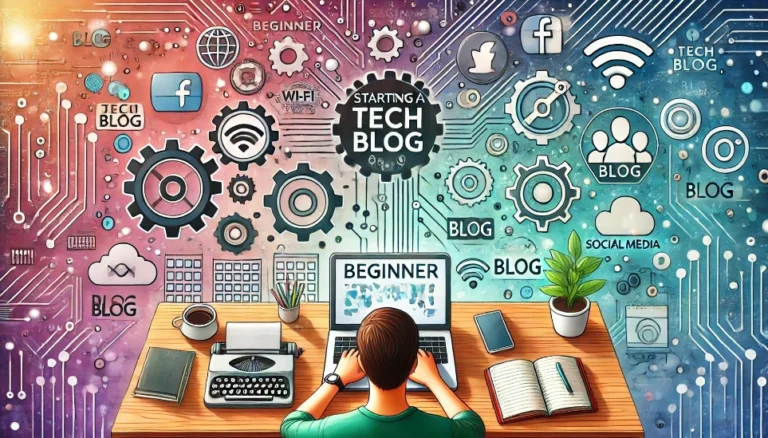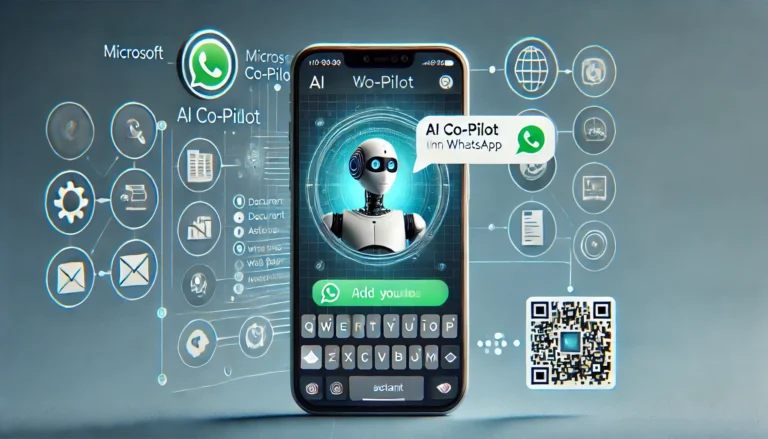
AI and Automation: How It Impacts Industries, Jobs, and Productivity
Alright, let’s break this down like we’re having a chat over coffee. Imagine we’re running a business and all these tech trends are happening around us. We’ve got artificial intelligence (AI) and automation popping up in every corner of industries, and you might be wondering, “How does this impact us? How will it shape the future?”
Impact on Industries
First things first, AI and automation are game-changers in every sector. Industries like manufacturing, healthcare, finance, and even customer service are shifting fast. The key is, that these technologies aren’t just making things faster—they’re making them smarter.
Here’s a quick rundown:
- Manufacturing: AI-driven machines are making production lines more efficient. They predict maintenance needs, reduce downtime, and improve precision.
- Healthcare: Automated systems can handle patient data and diagnostics much faster, allowing doctors to focus on treatment. AI-powered tools even help in personalized medicine.
- Finance: AI-driven algorithms analyze market trends, risk assessments, and fraud detection way quicker than a human ever could.
- Customer Service: Chatbots, automated emails, and AI-based ticketing systems are handling customer queries faster and more accurately than ever.
AI Impact Across Various Industries
| Industry | AI Application | Result |
|---|---|---|
| Manufacturing | Predictive Maintenance, Robotics | Less downtime, more precision |
| Healthcare | AI Diagnostics, Data Management | Faster treatment, personalized medicine |
| Finance | Risk Analysis, Fraud Detection, Market Trends | Accurate forecasting, fewer errors |
| Customer Service | Chatbots, Automated Responses | Faster response, better customer support |
Impact on Jobs
Now, this is the part where employees usually get concerned. The fear is that automation will replace human jobs. But let’s talk practically. Yes, certain routine tasks will be automated, but it’s more about shifting than losing jobs. Automation and AI take over repetitive tasks, but they also create new roles that need creative problem-solving, emotional intelligence, and advanced tech skills.
Think about it this way:
- Routine jobs: These are most vulnerable to automation—like data entry, cashier roles, and even certain factory tasks. Machines are already doing them faster.
- New job opportunities: On the flip side, as businesses adopt AI, there’s an increasing demand for roles like data analysts, AI specialists, and automation engineers.
And here’s the big one—upskilling. Employees need to adapt and learn new skills that machines can’t replicate. This creates a more efficient workforce overall.
Sustainability and ESG: Why It Matters for Modern Businesses
Impact on Productivity
From a business point of view, AI and automation are all about boosting productivity. Let me give you an example: if we can automate mundane tasks, that frees up time for employees to focus on more strategic or creative work, right? This leads to:
- Efficiency: Tasks are completed faster with fewer errors.
- Cost reduction: Automation reduces the need for manual labor in certain areas, saving costs in the long run.
- Improved quality: With AI-driven systems, the chances of human error decrease, improving the quality of products and services.
How AI and Automation Boost Productivity
- Reduces time spent on routine tasks
- Allows employees to focus on innovation and strategy
- Lowers operational costs by reducing errors and labor costs
- Enhances decision-making with real-time data analysis
Future Outlook
Here’s the thing, AI and automation aren’t just trends—they’re becoming essential tools for staying competitive. Companies that resist may find themselves falling behind. The key takeaway for us? Embrace the change, upskill our teams, and find ways to integrate AI and automation smartly into our processes.
In summary, while AI and automation do shift the landscape in terms of industries and jobs, they also create new opportunities for growth, innovation, and improved productivity. Let’s keep looking ahead and make sure we’re part of that future, not left behind.




